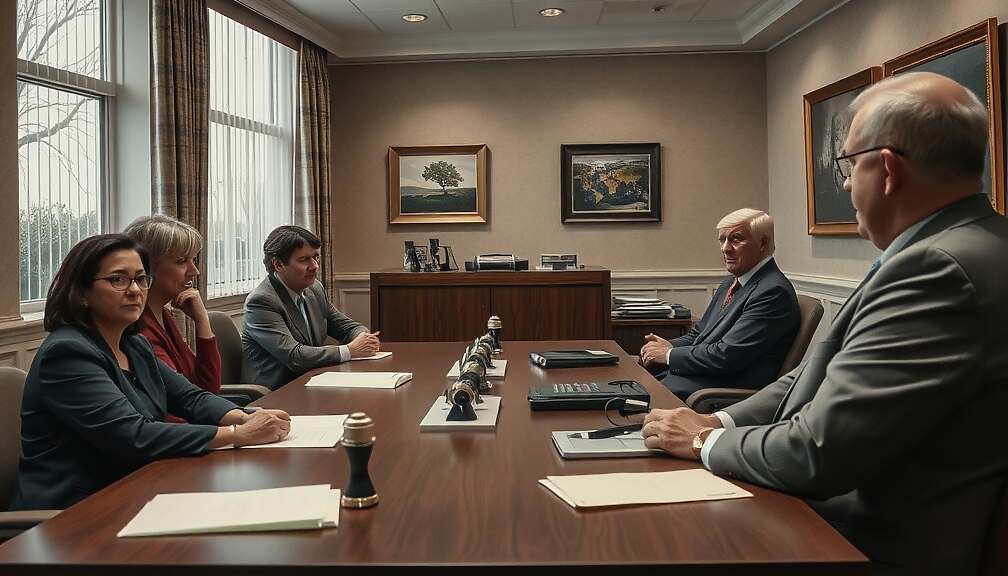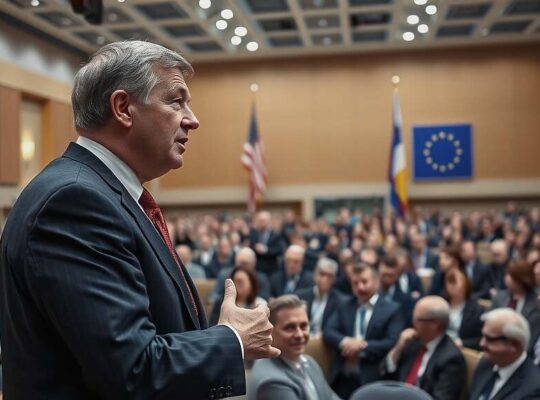The timeline for Germany’s commitment to climate neutrality by 2045 is facing scrutiny, with the Minister-President of Saxony-Anhalt, Reiner Haseloff (CDU), questioning its feasibility under current global conditions. In an interview with “Welt” television, Haseloff expressed doubts concerning the target’s achievability given the ongoing war in Ukraine, the global economic crisis and prevailing economic policies in the United States. He suggested a “modification of the existing roadmap” is necessary, while reaffirming the fundamental goal of climate neutrality.
The original target of 2050 was brought forward to 2045 by the black-red coalition government in 2021, following a ruling by the Federal Constitutional Court. The court’s decision, focused on the permissible amount of CO2 Germany can emit to limit global warming to 1.75 degrees Celsius, stipulated that a rapid consumption of this carbon budget could unduly restrict the freedoms of future generations. The ruling allowed for a later attainment of climate neutrality, contingent on accelerated CO2 emission reductions. A similar legal precedent was recently set by the European Court of Human Rights in 2024, establishing a CO2 budget aligned with the 1.5-degree Celsius threshold, resulting in an even smaller allowance.
Beyond the overall timeline, Haseloff is also advocating for a reevaluation of the European Emissions Trading System (ETS). He argued for relief from regulatory burdens, such as certificates trading, for energy-intensive industries. Specific sectors he cited include steel production, basic chemical industries, automotive suppliers and various forms of metal processing. Current ETS-1 regulations require the industry to be emissions-free by 2040.
The Minister-President highlighted the pressure faced by energy-intensive businesses, particularly in eastern Germany, struggling with high energy prices, leading to a loss of market share and reduced competitiveness. He warned of a “successive deindustrialization” if action isn’t taken.
Furthermore, Haseloff indicated a willingness to reconsider the planned phase-out of coal-fired power plants. He stated the exploration of different energy mixes for the coming years is essential, particularly in light of the planned decommissioning of further coal-fired plants, requiring a careful reconsideration of the current schedule.
Ultimately, Haseloff emphasized the critical need for affordable energy. He warned that the current situation is hindering economic growth and necessitates a clear change in course to secure a sustainable and competitive future.












